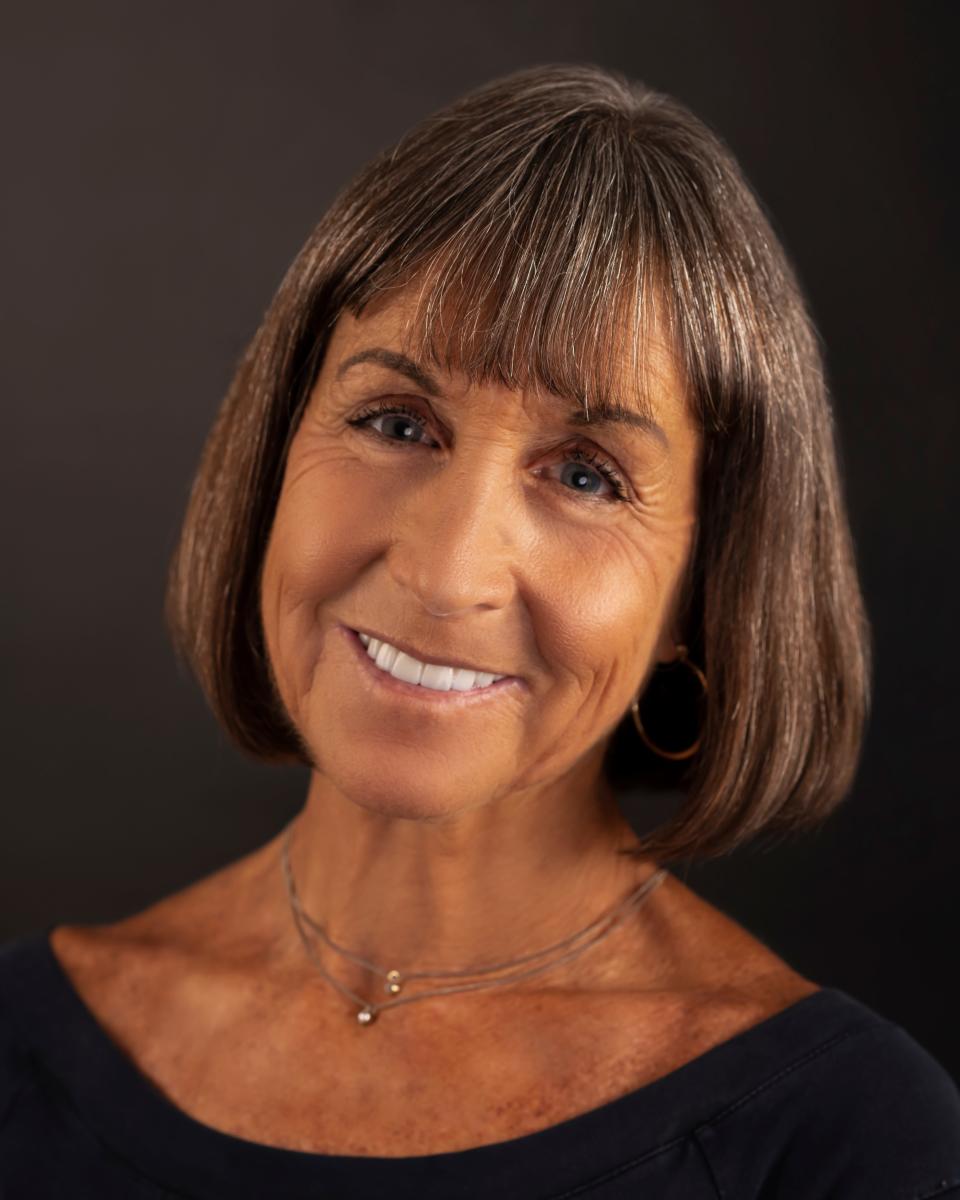Citizens deserve a greater say in Sarasota redevelopment plan | SEIDMAN SAYS
This week will mark the first of three Sarasota City Commission meetings leading up to a vote that would significantly change the city’s Comprehensive Plan in an attempt to alleviate the current housing shortage.
The amendment would create a new “urban mixed use” land use category and free up for redevelopment 825 acres of city land (more than 1,000 parcels) along its major transportation corridors (Tamiami Trail, 301 and Fruitville Road). It is being billed as an affordable housing initiative though, as it currently stands, it does not guarantee a single affordable unit.
What?
You say you haven’t heard about what one former mayor calls “the great giveaway?”
More from Carrie Seidman
'Why I quit': a Sarasota teacher's story
Breaking cycles by building a ‘Brotherhood of Men’
Postpone major development decision until after the election
That’s part of the problem.
Even residents in the affected areas learned only belatedly the specifics of the proposal, which would allow for redevelopment of existing commercial shopping centers into multi-story, mixed use structures abutting neighborhoods.
The amendment would grant an automatic base density of 25 units per acre, with incentives for up to three times that amount for projects that include “affordable housing” (in an unspecified amount and/or price range).
It also allows for administrative approval – that is, approval without public notice or opportunity to comment –for projects that include any amount of affordable units (again unspecified as to number or price).

City officials say these “details” will be spelled out in the zoning codes that will follow the amendment’s approval. But residents are legitimately concerned about such a radical and open-ended change to the future land use map without the assurance of compensatory benefits.
They’ve seen the result of administrative approval in behemoth structures like the Vue or the optional affordable housing incentives that led to the gentrification of the Rosemary District and they’re not interested in more of the same.
Public outreach by the city has been limited to a sparsely attended Zoom session and information conveyed at two Coalition of City Neighborhood Associations (CCNA) meetings -- one before and one after the commission voted in May (4-1, with Jen Ahern-Koch dissenting) to send the proposed amendment to the Florida Department of Economic Opportunity for the formal review required before public hearings are scheduled.
The state proposed no changes and returned the amendment in August, after which the city set the approval schedule. Residents will be allowed just three minutes each to weigh in during the three upcoming meetings.
The first is this Monday, Sept. 19, when an initial reading of the amendment is on the agenda. On Oct. 17 a second reading and final vote is scheduled, along with a first reading of accompanying zoning changes the amendment necessitates. A vote to approve those changes is set for Nov. 7, which just happens to be the day before an election that will bring two new commissioners on board.
All three candidates vying for those two open seats have expressed opposition to or reservations about the amendment. Given that a supermajority (4-1) is required in order to change the city’s Comprehensive Plan, a vote after Nov. 7 would quite likely have an opposite outcome to one taken before the election. It only seems fair that the new commissioners, who will be responsible for implementing the change, should have a hand in the decision-making.
At the most recent CCNA meeting, a clearly piqued City Manager Marlon Brown chastised unspecified individuals for confronting city staff with their objections to and questions about the plan. Certainly decorum and civility is called for, but is it any wonder residents who feel blindsided are losing their cool over what one called “this rush job”?
Public outreach on redevelopment of both the Bobby Jones golf course and the Bay Park – miniscule amounts of city land compared to the current proposal – was far more comprehensive, inclusive and lengthy.
It’s doubtful there are any city residents who don’t understand our critical need for more attainable housing and who aren’t open to innovative ideas and the necessary sacrifices they might require. But under the current slate of commissioners, too many citizens have seen how once a proposal hits the commission chambers, no amount of public protest affects an outcome that seems predetermined.
At least 13 neighborhood associations have signed on to protest the speed of the amendment’s adoption and to ask the commission to delay the vote until after the election. Though the city claims it does not have sufficient staff to do so, individual meetings in each of the many affected neighborhoods would go a long way toward promoting harmony and a smoother transition to whatever is ultimately adopted.
If you are among the concerned, contact the commissioners (commissioners@sarasotafl.gov) and urge them to slow down this process and ensure any redevelopment, first and foremost, addresses our affordable housing needs.
Inclusionary housing, where a percentage of new units are required to be affordable (60% of area median income, which is currently $90,400) and remain so for 30 years, should be mandatory, not optional. Design standards that cap heights and allow for setbacks would promote greater compatibility with adjoining neighborhoods.
And instead of a one-size-fits-all approach, large parcels (like empty malls) that would yield the greatest housing bang for the buck should be prioritized; others might be judged incompatible with redevelopment entirely.
“There is no need to have this done by Nov. 7, particularly at the cost of community engagement,” Laurel Park resident Ron Kashden wrote in a recent email to city leaders.
“This is our city. Our neighbors. Our neighborhoods. We must stand up together, as a community, and demand our rights to decide our own destiny and regain a voice in the decisions that impact our everyday lives.”
Contact Carrie Seidman at carrie.seidman@gmail.com or (505) 238-0392.
This article originally appeared on Sarasota Herald-Tribune: Sarasota citizens are being pushed aside in the rush to redevelop

